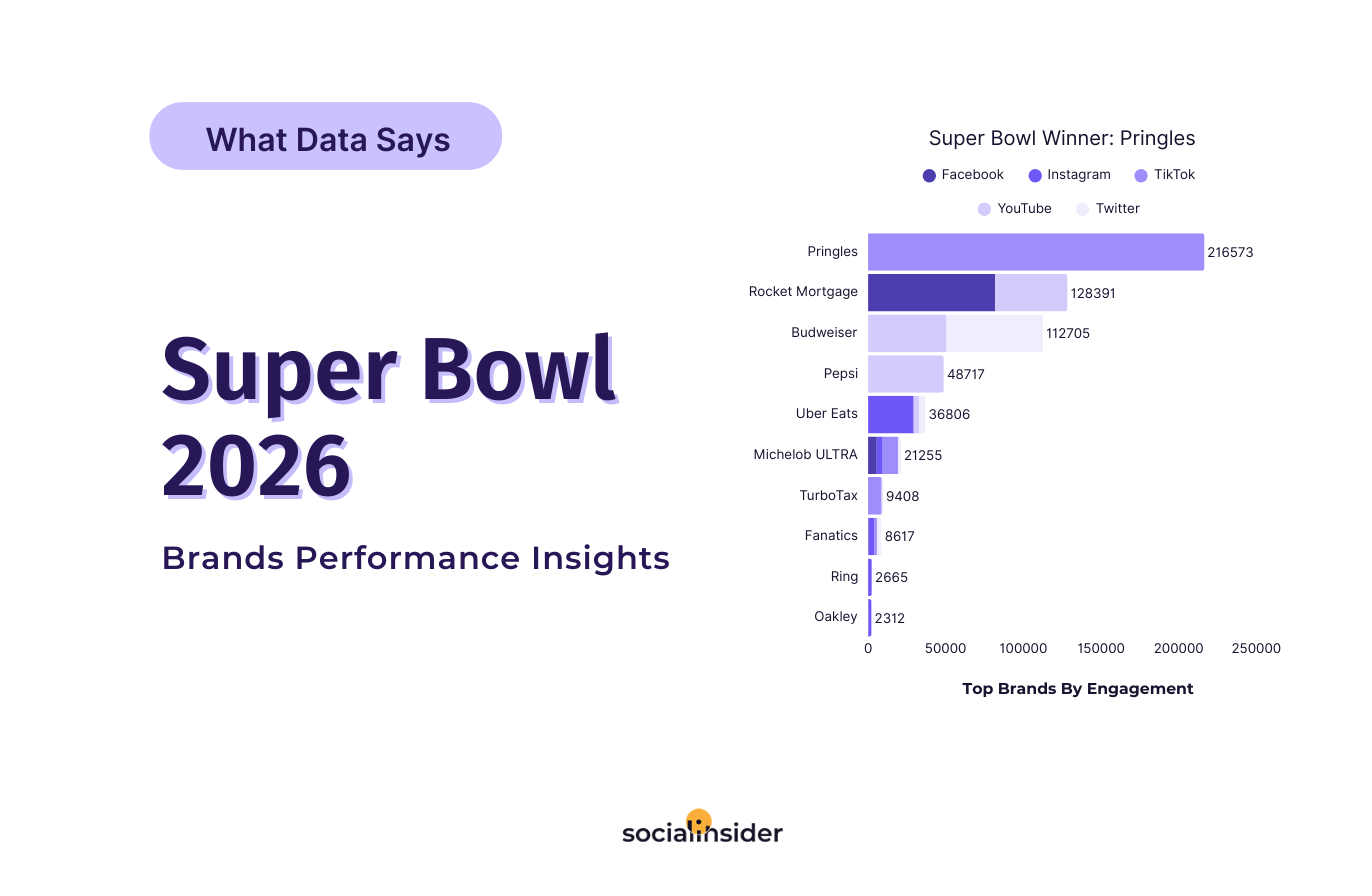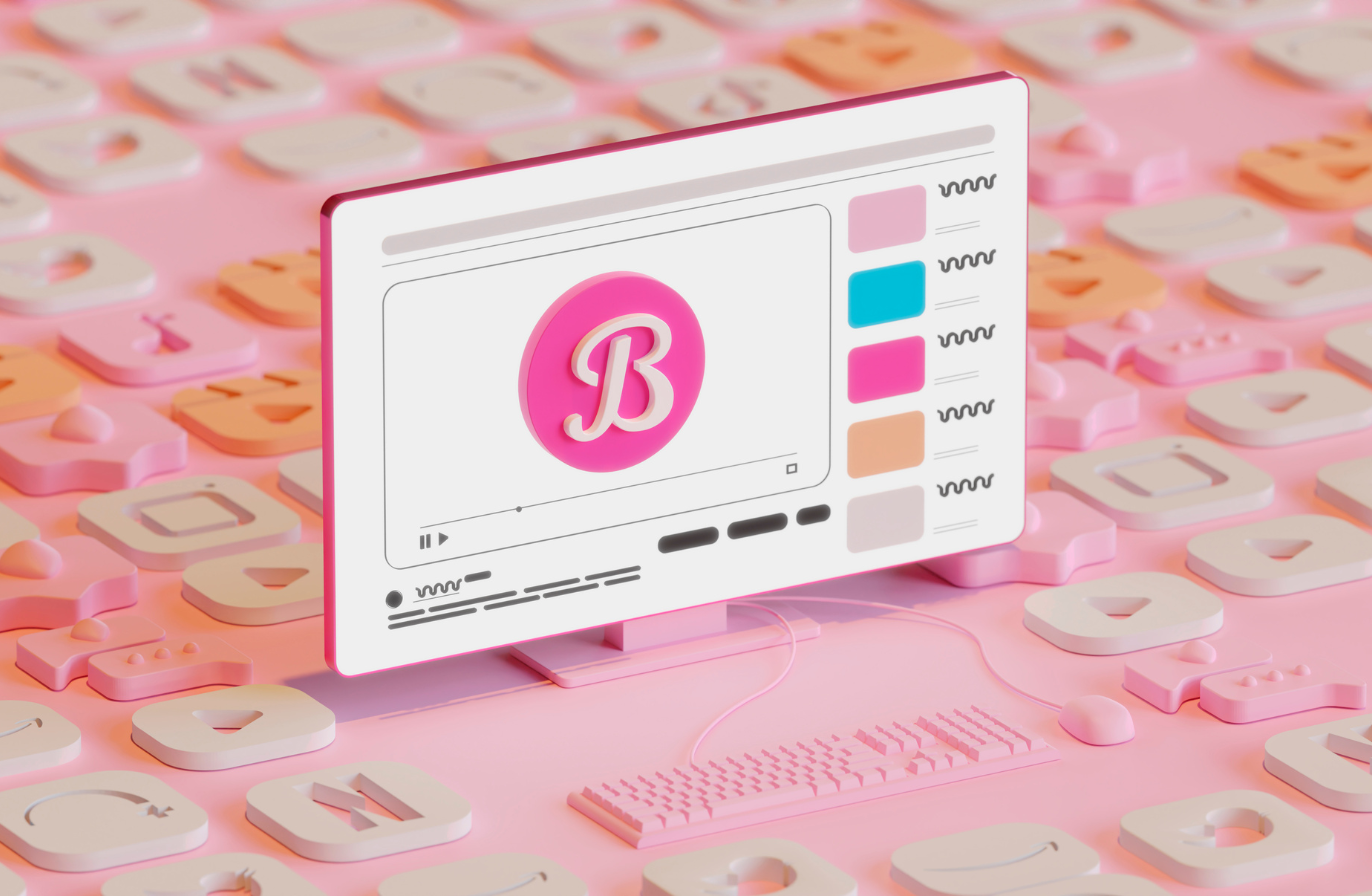Brand Reputation Management: Strategies for Building Trust With Customers
Customers care about your products and services. But they also care about how you treat them, communicate, listen to feedback, and respond in times of crisis. In short, customers care (a lot) about your brand reputation. Vivid new consumer research reveals that authenticity matters to 98% of consumers, and in-depth analysis of what truly drives trust in branding shows that genuine engagement can be the decisive factor shaping a brand’s reputation in moments that count. How well you manage bra


Customers care about your products and services.
But they also care about how you treat them, communicate, listen to feedback, and respond in times of crisis. In short, customers care (a lot) about your brand reputation.
Vivid new consumer research reveals that authenticity matters to 98% of consumers, and in-depth analysis of what truly drives trust in branding shows that genuine engagement can be the decisive factor shaping a brand’s reputation in moments that count.
How well you manage brand reputation can make or break your relationship with customers and your business.
Successful brand reputation management has many benefits, including word-of-mouth marketing, increased sales, and improved brand equity.
On the other hand, a lack of brand reputation strategy can make your business more vulnerable to anything from negative customer feedback that goes viral to general economic instability.
Read on to learn how to build a brand reputation, maintain a positive brand image, manage brand on social media, and manage risks proactively.
What is brand reputation?
Brand reputation refers to customers' overall perception and opinion about a company and its products or services. It involves the level of trust, credibility, satisfaction, and quality that the public associates with the brand.
A positive reputation can attract new customers, foster loyalty, and enhance a brand's market value, while a negative reputation can lead to distrust, decreased sales, and long-term damage to brand equity.
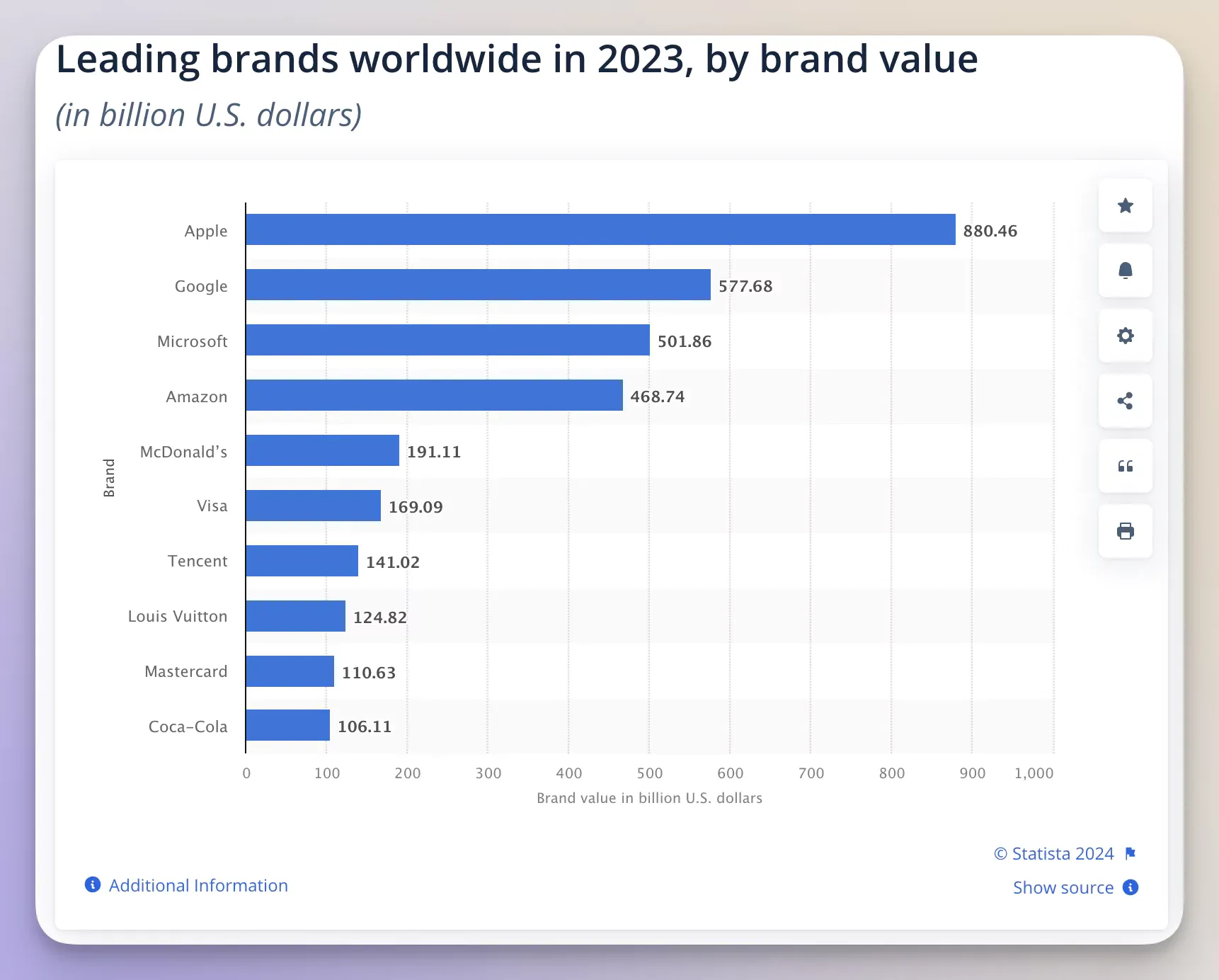
The benefits of a strong brand reputation
Your brand's reputation can be a byproduct of the quality of your products and services and your marketing efforts. But it's also something you can proactively work on, and it pays to do so for a number of reasons, including:
- Trust and credibility. A strong brand reputation inspires trust among consumers, making them more likely to choose you over competitors.
- Loyalty & recommendations. Satisfied clients tend to repeat their purchases and become brand advocates, recommending your business to peers.
- Increased revenue. Customer loyalty means a more stable revenue stream, while word-of-mouth marketing can produce new sales at a low client acquisition cost.
- Competitive advantage. A positive reputation can differentiate your brand from competitors and help you stand out in the long run.
- Better crisis management. Brands with a solid reputation are better equipped to manage and recover from communication crises or negative publicity.
- Improved employer branding. A reputable brand can attract and retain top talent more easily, as people will want to be associated with it.
- Strategic partnerships. A strong brand is more desirable as a business partner and can more easily find opportunities for growth.
A strong brand reputation can help you survive and thrive even in times of uncertainty and instability — which we have had plenty of in the last few years.
Clients and stakeholders support and promote brands they like and trust, so let’s examine some strategies to get a good business reputation.
Top 7 brand reputation management strategies
Building a strong brand reputation is, first and foremost, about consistency. You must be present and trustworthy in the long run for clients and partners to see you as a reputable business.
Reputation for brands is similar to that of people. You don’t trust someone immediately when meeting them, although if a friend speaks highly of them, you are inclined to. First impressions count, but so does how you act and speak in all future interactions.
It’s also important to pay attention to social cues to adjust your attitude and behaviour. And while slip-ups happen, how you manage them makes a world of difference.
Let’s apply these common sense principles to branding and translate them into strategies that will help you manage your reputation successfully.
1. Build and measure brand awareness
This is your first date with the customer. And maybe the second and third, if you establish yourself as trustworthy and desirable.
Establishing and maintaining brand awareness is the foundation of brand reputation. The more people know about your brand, the more opportunities you have to influence their perception positively.
Here are three surefire ways to do that:
- Great branding. Ensure that your brand looks professional and is visually appealing. Create branding guidelines for everyone to follow to make sure you have a consistent presence across channels.
- Valuable content. Create and maintain positive associations with your brand by sharing useful, relevant content for your audience on your website, social media channels, and leveraging social media analytics to understand what resonates most with your audience.
- Engaging conversations. Encourage people to interact with your brand so that it becomes memorable. Ask questions, take opinions into account, respond to comments, and have a friendly and approachable tone of voice.
Remember: being well-known does not equate to being well-liked.
There are typically differences between fame and popularity. For example, according to YouGov’s data for Q4 of 2023, McDonald’s had a 99% level of fame but only 63% popularity. By contrast, M&M had the same level of fame as McDonald’s but enjoyed 85% popularity.
Use social media platforms like Instagram, Facebook, and LinkedIn to reach and engage with your audience.
Measure both awareness and popularity through social media metrics such as reach, engagement, and sentiment analysis. This will help you understand the effectiveness of your reputation-building efforts and adjust where needed.
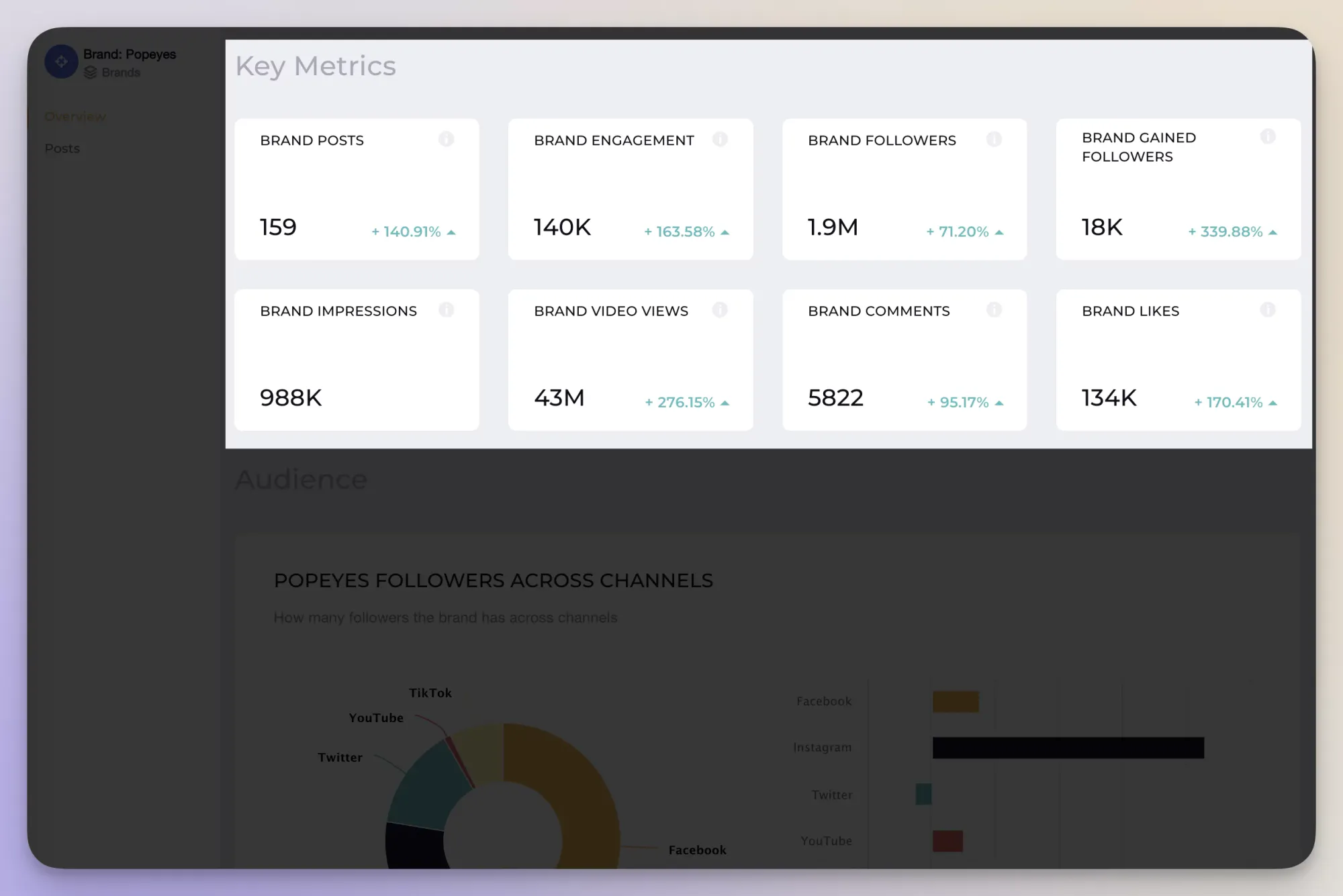
2. Protect your popularity with online brand reputation management
A whopping 85% of customers trust online reviews as much as personal recommendations, 3 out of 4 consumers trust a company more if it has positive reviews, and 49% of consumers need at least a four-star rating before engaging with a business, according to Reputation X.
As a customer, you already know how important reviews are in the buying process. You probably go online and check out a business and its product reviews before shopping, even in stores.
So, online brand reputation management is a must. These activities should be part of your marketing team’s routine:
- Responding to customer feedback in a polite and timely manner.
- Managing online reviews with empathy and a constructive attitude.
- Optimizing search engine results as people tend to focus only on top links.
- Monitoring online conversations across various platforms to stay informed and proactive.
And speaking of monitoring…
3. Conduct social listening
While monitoring conversations across all platforms is important, social media is by far the most active and visible media, and conversations can spread like wildfire.
Social listening helps you monitor your social media brand reputation by assessing conversations and mentions on social channels.
Actively listening to what your audience is saying about your brand enables you to identify trends, sentiments, and potential issues in real time. This allows you to react promptly and proactively, reducing potential harm to the brand’s reputation.
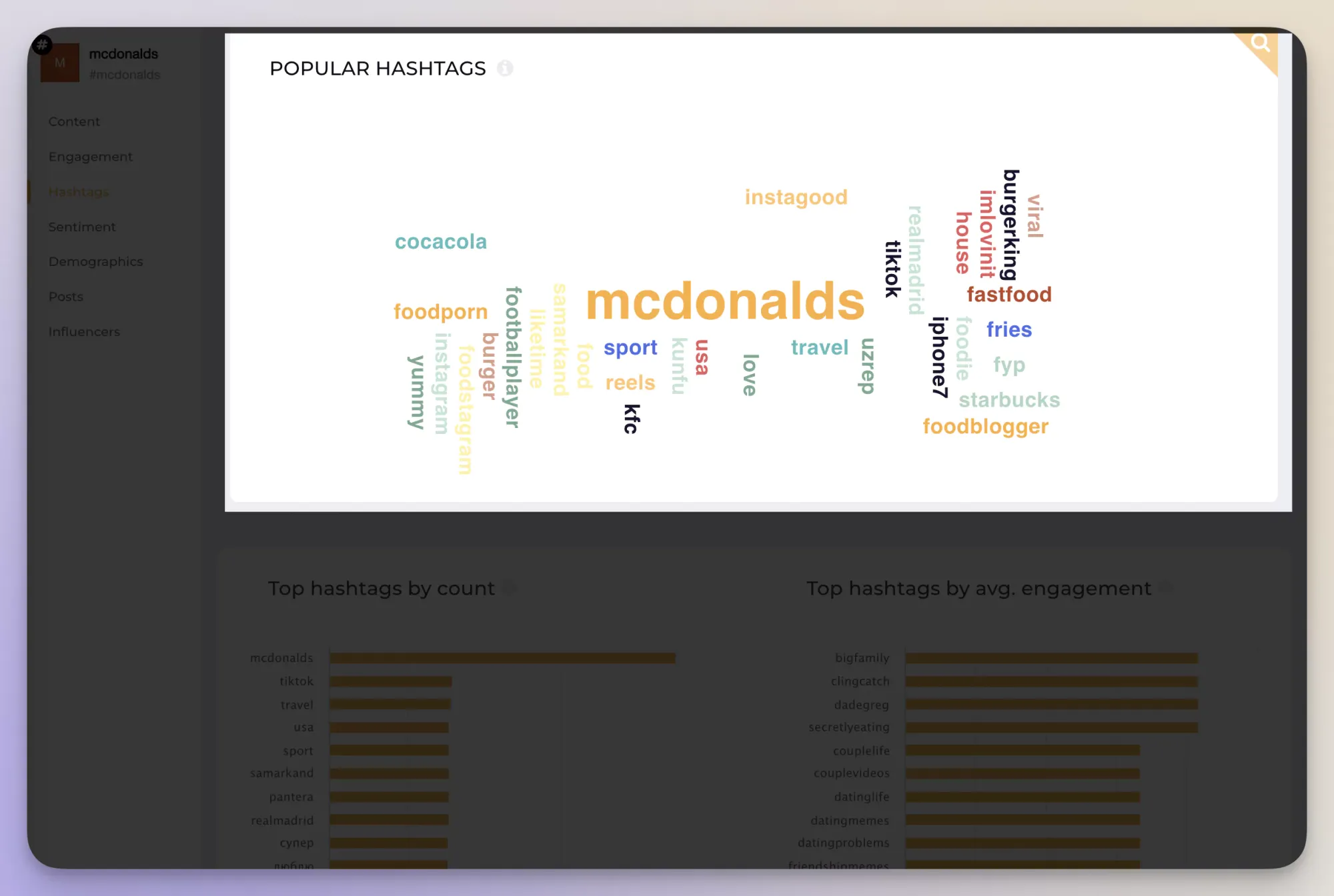
4. Run periodic competitive analysis
In our personal lives, we sometimes engage in too much competitive analysis. While obsessively comparing ourselves to others can be harmful, being aware of our strengths and weaknesses in a wider context helps us set realistic expectations and create a plan for growth.
Similarly, examining competing businesses and their reputations is a great way to assess product quality, customer service, brand messaging, and online presence and pinpoint areas for improvement and differentiation.
Remember the comparison above between McDonald’s and M&M in terms of fame and popularity? Without competitive analysis, a brand like McDonald’s might think it’s doing great when, in fact, other companies are doing a much better job of building a positive brand.
Stay informed by comparing your social media performance to that of your competitors.
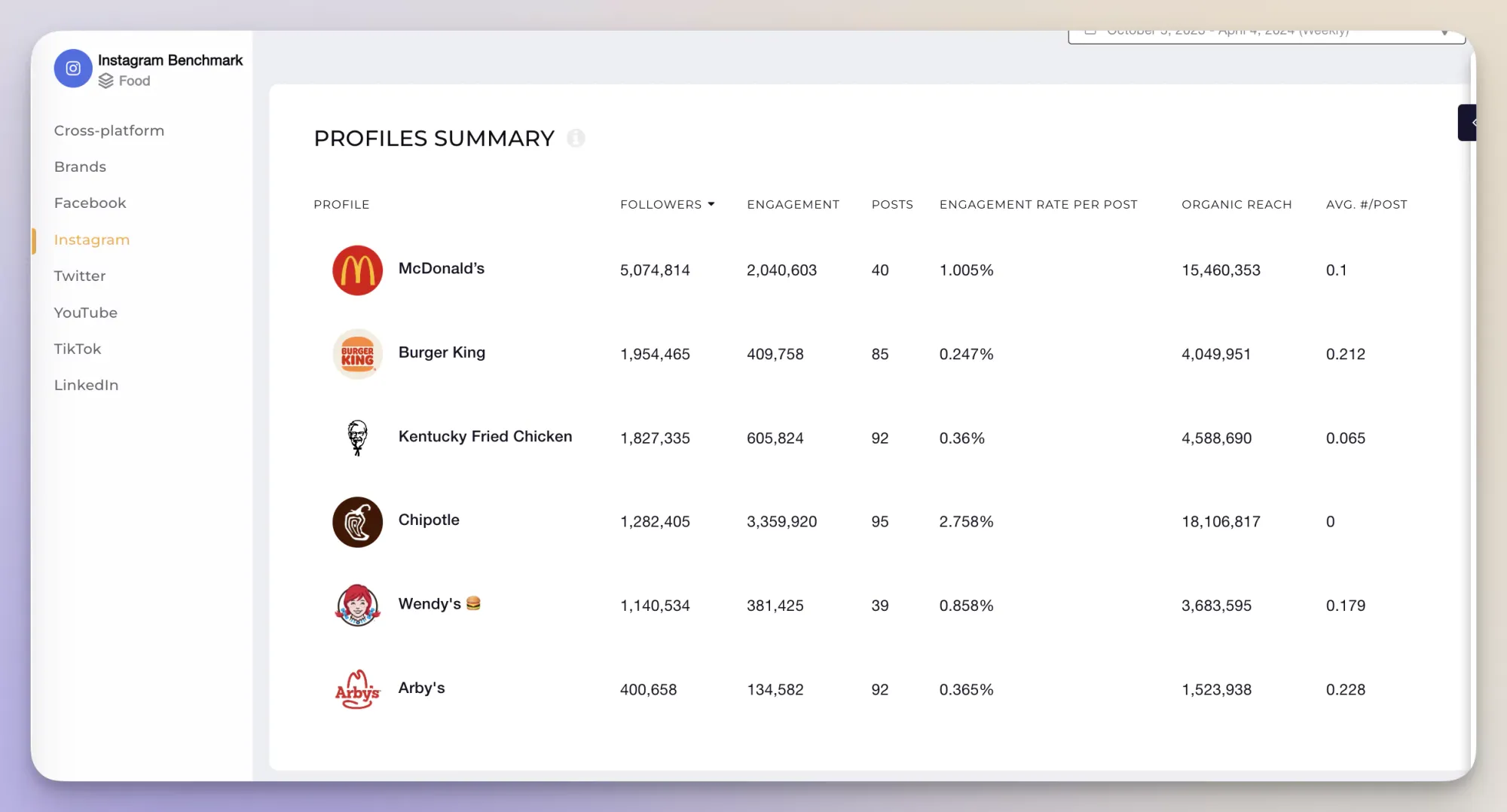
Socialinsider helps you gain insights, discover ideas to implement in your own brand reputation strategy and identify weaknesses that can give you a competitive edge.
5. Be consistent and transparent
Consistency in brand messaging and actions is key to maintaining trust and credibility.
To maintain a positive reputation, be transparent about your business practices, address customer concerns, and uphold your brand promise across all touchpoints.
Train all your staff, from social media managers and sales representatives to customer support, to respect and follow brand guidelines, messaging, and values.
"Repetition makes reputation, and reputation makes customers.” - Elizabeth Arden, founder of the Elizabeth Arden, Inc. cosmetics empire
6. Provide excellent customer experiences
Did you know that more than 52% of customers will switch to a competitor after a single unsatisfactory customer experience? According to Zendesk, providing a great customer experience across touchpoints not only improves client retention but also positively affects revenue.
Deliver high-quality support and prioritize customer satisfaction. Strive to exceed customer expectations with every interaction, from social media conversations to post-sales feedback.
Fostering positive experiences will improve your brand reputation and help you avoid those negative reviews all businesses dread.
7. Manage brand reputation proactively
You work hard on building a positive company image and reputation, but if you're not careful, it can be destroyed in days. While it’s almost impossible to avoid communication crises, especially given how fast information spreads nowadays, you can anticipate and plan.
Assess potential reputation risks, create an action plan, and proactively address issues before they escalate. Social listening and measuring consumer sentiment are great ways to stay one step ahead of potential damage to your brand’s reputation.
How to measure your brand reputation
Measuring brand reputation can be challenging due to its intangibility and the multitude of factors that contribute to it. People are inherently subjective, diverse stakeholders influence reputation, and perceptions are dynamic in nature.
However, you can measure it using specialized tools and methodologies, such as the following:
- Brand awareness surveys. Conduct periodic surveys with questions about brand recognition, recall, and association to assess how well your brand is known and perceived in the market.
- Customer satisfaction scores. Popular feedback mechanisms include the Net Promoter Score (NPS), Customer Satisfaction (CSAT) surveys or online reviews. High satisfaction scores indicate positive brand associations, while low scores may mean you have a reputational problem.
- Social media engagement. Track engagement metrics on social media platforms, including likes, shares, comments, and mentions. High levels of engagement indicate active interest, while low engagement may indicate disinterest or negative perceptions.
- Sentiment analysis. Analyze online mentions and social media conversations to measure the overall sentiment toward your brand. Sentiment analysis tools such as Socialinsider provide valuable insights into whether the sentiment is positive, negative, or neutral, allowing you to track changes over time and identify areas for improvement.
By using a combination of the above, businesses can gain a comprehensive understanding of their brand reputation and implement strategies to strengthen their brand's position in the market.
Final thoughts
As Taylor Swift puts it in one of her Reputation songs, “I swear I don’t love the drama; it loves me.” With social media so prevalent, brands cannot escape negative reviews, comments, or opinions. The secret to a great brand reputation is not to avoid drama but to consistently be valuable and positive, listen carefully, and be proactive about managing your online presence. Socialinsider supports brands with actionable insights, intuitive analytics, and fresh social media benchmarks and trends.
Brand reputation FAQs
How do you keep a good brand reputation?
Consistent quality, excellent customer service, and proactive communication are key to maintaining a positive reputation. Monitor reputation and address negative feedback quickly.
How do you determine brand reputation?
Brand reputation can be determined through various methods, including customer surveys, online reviews, social media monitoring and listening, sentiment analysis, and competitive analysis.
What are examples of what goes into the reputation of a company?
Factors that contribute to a company's reputation include its product and service quality, marketing efforts, customer service, leadership, workplace culture, social responsibility, financial strength, and crisis management.
What are the consequences of having a bad brand reputation?
A bad reputation can be catastrophic for businesses. Consequences may include loss of trust and clients, decreased loyalty and sales, negative publicity, difficulty attracting talent or partnerships, and damaged brand equity.
What is an example of a strong brand reputation?
Apple is often cited as an example of a company with a strong brand reputation characterized by innovation, quality, customer loyalty, and a cult-like following. Other examples of strong brand reputations are companies like Google, Microsoft, LEGO, Disney, and Starbucks, which are recognized for quality offerings, attention to customers, and care for employees, among others.
Analyze your competitors in seconds
Track & analyze your competitors and get top social media metrics and more!
You might also like
Improve your social media strategy with Socialinsider!
Use in-depth data to measure your social accounts’ performance, analyze competitors, and gain insights to improve your strategy.

